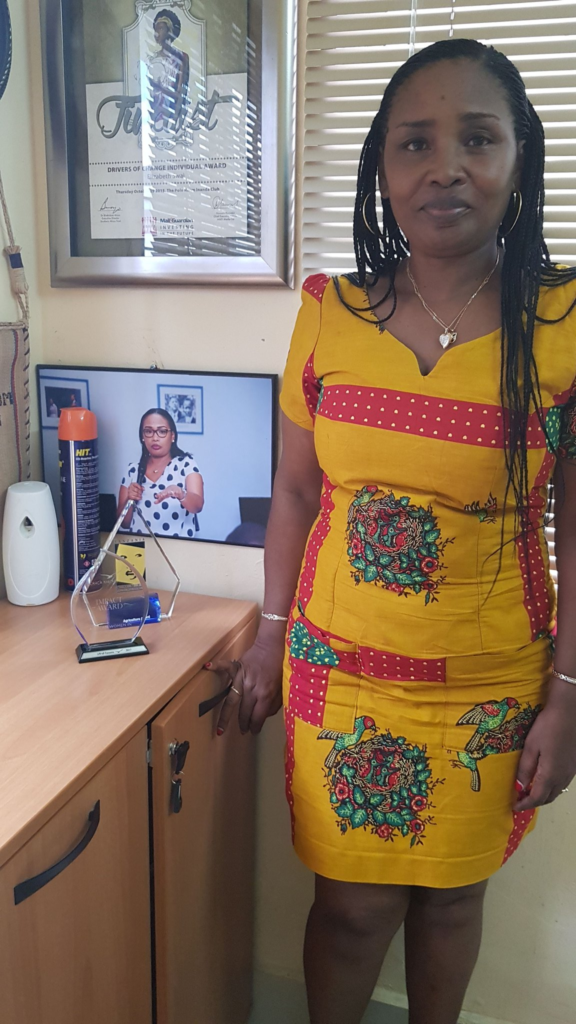Kilimokwanza.org Correspondent
Amid the tranquil landscapes of Tanzania, the distant sounds of clucking chickens might not just be another element of rural life. For many young Tanzanians, these sounds herald hope, prosperity, and a chance at self-reliance. As Africa’s Food Systems Forum 2023 unfurled in the nation, a passionate plea emerged from the country’s young poultry entrepreneurs. Their message? Recognize our potential, and give us a chance to bloom.
The burgeoning poultry sector represents more than just livestock and earnings. For Tanzania’s youth, it’s a shot at rewriting a narrative that has often been characterized by joblessness and restricted opportunities. With the country’s vast arable land and a dynamic young workforce hungry for opportunities, the union could be a match made in heaven. But like every love story, there are hurdles.
Enter BBT: Building Dreams and Better Tomorrows
At the heart of this revolution lies the Building a Better Tomorrow (BBT) agriculture initiative. Envisioned as a beacon of hope, the BBT has already trained over 800 youthful souls, endowing them with 10-acre plots to kickstart their agricultural journeys. The goal? A complete metamorphosis of the sector, one chick at a time.
Mr. Omary Mussa of the Tanga Yetu Group representing the AKM Glitters Company Limited Youth Incubation Model shared an inspiring tale. AKM Glitters has been the wind beneath the wings of 50 youngsters, segmented into groups, all undergoing intensive poultry care training.
“Our journey has been enlightening. Before this, many of us saw poultry as just another trade. Now, we see a horizon of possibilities. From hatcheries to poultry feed production, the world is our oyster,” beamed Mussa. And the numbers back his optimism. Their newfound skills helped them rake in a whopping 6.0m/- from chick sales. But the road ahead is far from easy.
A Dream Deferred?
Land – the elixir of agrarian dreams and the very challenge that stands between these youths and their aspirations. While seed money and financial connections are being facilitated, the dream of owning a piece of the earth to cultivate remains elusive.
The vibrant CEO of AKM Glitters, Ms. Elizabeth Swai, speaks of their noble vision. “We don’t just train. We nurture, support, and dream with these young minds. Our incubation model goes beyond skills, ensuring they’re well taken care of during their journey.” Yet, her voice takes on a somber tone when she touches upon the challenges they face. “Land isn’t just soil; it’s the foundation of dreams. And for poultry, with its vast value chains, it’s a gold mine waiting to be tapped.”
As Tanzania stands on the cusp of a poultry revolution, Swai’s appeal to the government is clear: “Support us like you’ve supported countless others. This isn’t just about chickens. It’s about dreams, aspirations, and a brighter, more prosperous Tanzania.”
The story isn’t just about poultry farming. It’s a tale of hope, resilience, and the undying spirit of Tanzanian youth. And as the clucks grow louder, so does the hope that these dreams will take flight.
The ever-dynamic field of agriculture continually seeks innovative solutions to address both current challenges and anticipate future needs. According to Swai, a noted voice in the agricultural community, one such promising avenue is poultry keeping. But why does Swai advocate so fervently for this particular sector? Let’s delve deeper into her vision.
Poultry: Beyond the Bird
When most people think of poultry keeping, the immediate image that comes to mind is of chicken coops and eggs. But for Swai, it’s a tapestry of interconnected benefits that can bring tangible change. Poultry isn’t just about birds; it’s about biodiversity, sustainability, and socio-economic upliftment.
Economic Empowerment and Job Creation
The poultry sector is an amalgamation of various industries. From hatcheries to feed production, meat processing to marketing, the value chain offers an array of job opportunities. With the right training and resources, small-scale poultry keepers can flourish, creating jobs not only for themselves but for others in their communities. In regions battling high unemployment rates, especially among the youth, poultry can be a ray of hope.
Sustainability and Low Entry Barriers
Compared to other livestock, poultry has a smaller ecological footprint. Chickens require less land, produce fewer greenhouse gases, and have a quicker reproductive rate. This not only makes it environmentally viable but also economically attractive. With minimal capital, one can initiate a poultry business, making it accessible for people at various economic strata. Moreover, with innovations in sustainable poultry farming, it becomes a model that aligns with global environmental goals.
Nutritional Security
Poultry meat and eggs are excellent sources of high-quality protein, essential vitamins, and minerals. In regions where malnutrition is prevalent, promoting poultry keeping can be a dual solution: it provides income and ensures that communities have access to nutritious food. Swai emphasizes that a community that has access to proper nutrition is healthier, more productive, and can progress more rapidly.
Women in Poultry: A Gender Equalizer
Historically, women have played a significant role in poultry keeping, especially in rural settings. By promoting this sector, we’re not just encouraging economic activity but also empowering women. With the earnings from poultry, many women can ensure better education for their children, improved health services, and overall upliftment of their families.
Innovation and Growth
Poultry keeping isn’t stagnant. With advancements in technology, there are continuous innovations in breeding, disease management, feed formulation, and processing. These innovations not only increase profitability but also ensure that the industry remains resilient against challenges like disease outbreaks. Swai believes that investing in research and development in this sector can lead to revolutionary breakthroughs.
Swai’s perspective on poultry keeping isn’t merely about birds in a coop; it’s a vision of a holistic, sustainable, and inclusive solution. In a world grappling with food security, unemployment, and environmental challenges, turning to seemingly simple solutions like poultry might be the forward-thinking strategy we need. As Swai often reiterates, sometimes the solutions to our most pressing problems lie in our backyards, clucking away, waiting for us to notice.

